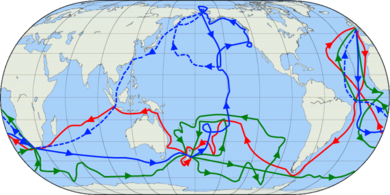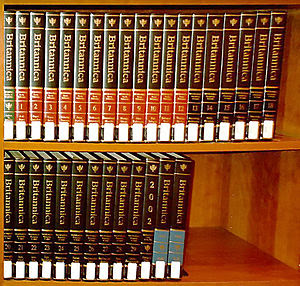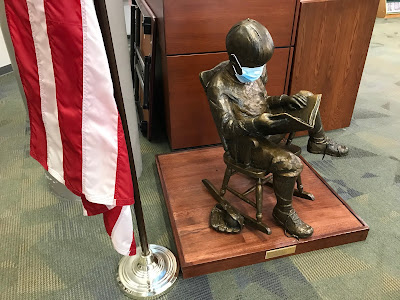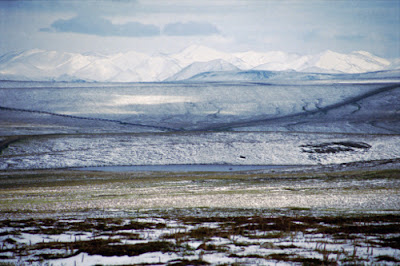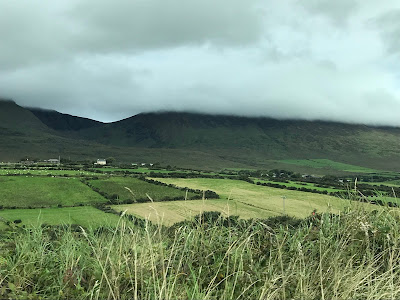The Visited Place
In his book Horizon, the late Barry Lopez talks about his fascination with the life of the British explorer Captain James Cook. Though Lopez admits that Cook’s adventures did not always bode well for indigenous people (and it was indigenous people who took Cook’s life, in Hawaii, in 1779), Lopez does not demonize the man. Cook explored the east coast of Australia, continental Antarctica and Hawaii, all the while, Lopez believes, remaining “quietly but profoundly conflicted about the consequences of his work.”
He tells us that Cook’s nautical charts were so detailed that his work allowed humans “to picture the entire planet, the whole of it at once, a sense of open space that, in the centuries of Western exploration before him, had eluded us. After Cook, the old cartographer’s admissions of ignorance, ‘Here Be Dragons,’ disappeared from the perimeter of world maps.”
The best way to appreciate the places Cook visited was to visit them himself, Lopez says. In fact, the best way to take in any place is not with photographs or written descriptions, but by being in the place itself. Lopez was in a better position than most to make that happen.
“Each place on Earth goes deep. Some vestige of the old, now seemingly eclipsed place is always there to be had. The immensity of the mutable sea before me at Cape Foulweather, the faint barking of the sea lions in the air, the nearly impenetrable (surviving) groves of stout Sitka spruce behind me, the moss-bound creeks, the flocks of mew gulls circling schools of anchovies just offshore, the pummeling winds and crashing surf of late-winter storms—it’s all still there.”
(A map of Cook’s three voyages, courtesy Wikipedia)
